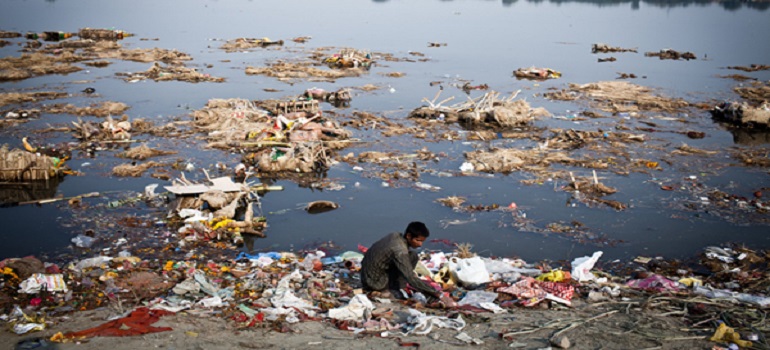
Aspire Circle has come out with a research report advancing ten trailblazing ideas to galvanize and spur investment into the WASH sector. Prepared by some of the leading thinkers and experts from industry, academia and non-profit, with these ideas, the country would be prepared to include WASH services as an integral component of its broader economic development and growth story while improving the quality of life of its people.
The report outlines the investment ideas in the following 10 WASH segments: Drinking Water, Desalination Plants, Liquid Waste Management: Blackwater Treatment, Liquid Waste Management: Greywater Treatment, Faecal Sludge Collection & Transportation, Waste to Energy, Solid Waste Management: Recycling, Solid Waste Management: Collection & Transportation, Communal Facilities, Sanitation Workers Skilling and Safety Equipment
“The ten investment ideas on WASH and Waste Management as given out in the report can collectively attract USD 8 billion investments by 2030 up from USD 3 billion in 2020 and create revenues of USD 75 billion, up from USD 30 billion in 2020. Such is the promise of the development of comprehensive WASH and Waste Management services in the country. Our research shows that overall, WASH & Waste Management will evolve to USD 111 billion sector by 2030, impacting 1.1 billion people and creating 1.2 million jobs.”, said Mr. Amit Bhatia, Founder of Aspire Circle & Creator – Impact Future Project.
With 56% of the population lacking access to basic sanitation, India ranked number one in the list of the 10 worst countries in terms of basic sanitation facilities in 2017. In fact, due to poorly managed or unavailable WASH facilities, India loses over 5.2 percent of annual GDP, amounting to almost USD 106 billion, larger than any other country in the world. Yet, the Swachh Bharat Mission has ensured that there is considerable progress. By 2023-24, India’s Swachh Bharat Mission is projected to result in annual savings amounting to 7.7 percent of GDP even as the sanitation economy has doubled between 2017 and 2021. This has been in keeping with the spirit of the United Nations’ Sustainable Development Goals (SDG) envisioning universal access to WASH services for all its member countries by 2030, although there is a lot that is yet to be done in the country and beyond. Moreover, as for every USD 1 invested in global sanitation efforts, USD 4.3 of economic value is returned; India can create an additional USD 21.5 billion in value from imminent investments in WASH & Waste Management.
Naina Lal Kidwai, Chair ISC, FICCI said, “Cleanliness and order are not matters of instinct; they are matters of education. WASH services are an indispensable part of Quality of Life for our citizens. In fact, universal access to WASH services is a fundamental human right of every Indian indeed every human being in this world. While the Swatch Bharat program has pushed us to ensure an Open Defecation Free environment, innovation and technology is critical in building sustainable and long lasting infrastructure, good habits and strong communication models. Building entrepreneurs in sanitation and replicating success stories will help secure a healthy and clean India.”
Nikhil Sawhney, VC and MD, Triveni Turbine said, “WASH and waste management are areas which urgently require investment, not only to meet our SDG commitments but also because there exists a compelling business opportunity. The uncertainty around the availability and accessibility of water and waste services will only exacerbate in the years to come due to climate change. I hope the various discussions in this report focused on finding actionable points on WASH will offer a timely opportunity to strengthen the industry’s contribution to improving the health of the community at large through sustainable business models.”
Vineet Rai, Founder Aavishkaar Group said, “The pandemic has further demonstrated the critical importance of sanitation, hygiene and adequate access to clean water for preventing and containing diseases. One of the key targets under SDG 6, is that by 2030, we must expand cooperation, collaboration, and capacity-building support to developing countries in water- and sanitation-related activities including water harvesting, desalination, water efficiency, wastewater treatment, recycling and reuse technologies. Through this report we have tried to take a significant step in achieving this target.”
